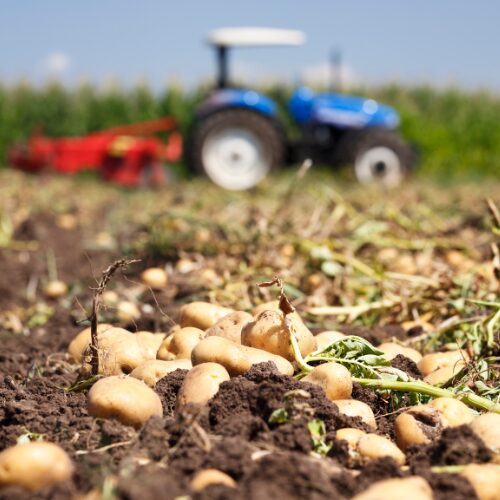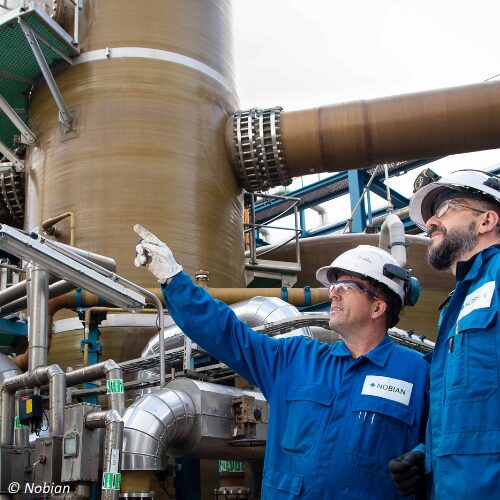Bioplastics are promoted as alternatives to fossil-based plastics. However, rightly or wrongly so, most alternatives face the same regulatory conditions as the conventional plastics they aim to replace. Understanding the restrictions and opportunities EU regulation offers is paramount. Invest-NL has asked Ecomatters to review the current regulatory landscape and the resulting report is now available.
Bioplastics, what's the status?
Bioplastics are taking off strongly as an alternative to fossil-based plastics for a broad range of applications. Quite a number of start-ups and corporate ventures have entered the market or are planning to do so. The surge of activity coincides with growing public scrutiny regarding plastic waste and a stronger European regulatory focus on the different stages of the plastic lifecycle. This attention results in opportunities and restrictions across the plastics industry. Understanding the changing environment is important for existing fossil-based plastics, but even more so for bioplastics which are positioned in the market as environmentally-friendly substitutes.
The regulatory perspective
From a regulatory perspective, the current system has difficulties with incorporating biodegradability standards and bioplastics fall under many of the same regimes as fossil-based plastics when considering restrictions around safe use and applicability. Currently, regulations covering these aspects are not always consistent and/or directly suited to the specifics of bioplastics. This is changing as the European Commission moves towards supporting circularity, but it takes time to develop. Until this time the existing regulatory framework is still applicable.
The Dutch impact investor Invest-NL is actively fostering and investing in innovative and sustainable technologies, driving them towards market entry and upscaling. With the emerging bioplastics market getting traction, the demand for financing increases. As such, there is a growing need to understand the regulatory frameworks and developments governing the material sourcing, production and application of the bioplastics and the end-of-life.
Therefore, Invest-NL has asked Ecomatters to review the European and Dutch regulatory context around bioplastics. The aim has been to develop an actionable and accessible entry point into the bioplastic regulatory context. The resulting report helps new initiatives, start-ups, and corporate ventures navigate a range of regulations. As such, it provides a comprehensive overview with clear directions for each piece of legislation around adhering to the current regulatory framework, while also providing an outlook toward the future.
Download the report here if you want to know more.
Relates services:
LCA for biobased materials
Biodegradable and biobased materials in the EU















